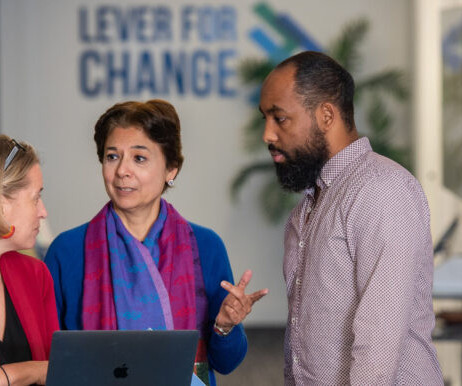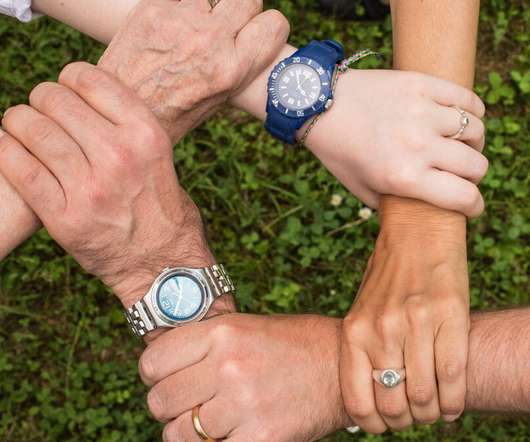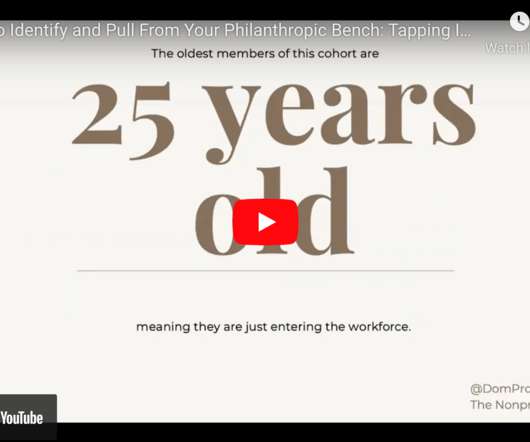Actionable Insights for Managing Gen Z in the Nonprofit Workplace
sgEngage
DECEMBER 12, 2024
Still, I remember how it felt entering the workforce and the challenges of maturing within a nonprofit culture. Yet they are still faced with similar challenges that face all young professionalsadapting to the work and culture of their industries. I have now worked for nonprofit organizations for nearly fifteen years.



















Let's personalize your content